The early childhood teaching workforce is made up mostly of women earning very low wages, with low levels of education and most often with children of their own. Nearly 50% of the women we serve are women of color. They are teaching children from birth to 5 years of age in a variety of settings, often for 8–10 hours a day.
Voices from the Field
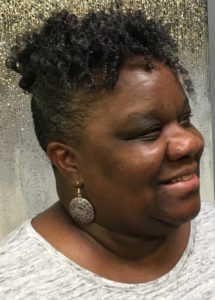
Knowledge is power. Information is liberating. Education is the premise of progress, in every society, in every family.

Walking a Tightrope and Making the Case for Professionalizing Early Educators

Within a few years, I knew I would be a teacher for the rest of my life.
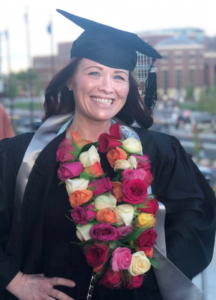
My heart is filled with overflowing gratitude for all the support, both financial and motivational. You have made me a competent professional and advocate.
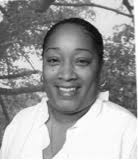
In the Rush to Improve Early Education, Don’t Forget About Teachers
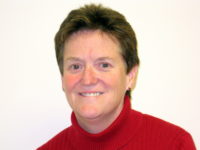
T.E.A.C.H.: A Strategy to Strengthen the ECE Workforce
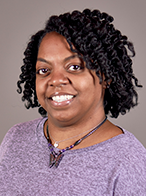
T.E.A.C.H. helped me financially, mentally and educationally in ways that can’t be described.
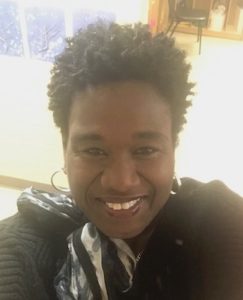
The T.E.A.C.H. scholarship taught me to think outside the box, don’t give up and to never stop learning.
The faces of T.E.A.C.H. are multi-generational.
- By creating a more knowledgeable and skilled teacher, we know the young children in their classrooms are getting better outcomes. Each year a new group of children in these classrooms reap the benefit of a better-educated, more effective teacher.
- By going to college, these teachers, often first-generation college students, raise their expectations for their own children. They now expect their children to go to college.
- By earning degrees, these teachers realize upward career mobility, earning more money and having more professional opportunities in the field. This, in turn, benefits their families economically, moving some of these teachers and their children out of poverty.
Who are T.E.A.C.H. Recipients?
- Teachers
- Directors
- Family child care educators
Where do T.E.A.C.H. Recipients Work?
- For-profit and not-for-profit centers
- Family child care homes
- Head Start
- Pre-kindergarten
- Military child care
Demographics of the Workforce Receiving T.E.A.C.H. Scholarships Nationally FY20
The Early Childhood Education Workforce includes mostly women who face many of the challenges of college non-completers.
Diversity of the Workforce
- 51% of recipients were people of color or of Hispanic origin
- 49% of T.E.A.C.H. recipients come from families with no college graduates
- 53% of T.E.A.C.H. recipients began T.E.A.C.H. with only a high school diploma
Diversity of Program Auspices and Children Served
- 31% of recipients worked with children in publicly funded pre-K programs
- 12% of recipients worked in the Head Start population
- 57% of recipients worked with children under 3 years of age*
- 60% of recipients worked with 3 to 5-year-olds*
*Some worked with both age groups
Characteristics of the early childhood education workforce and college non-completers
ECE Workforce
- Women, with their own children
- Low income
- Full-time employees
- Racially, ethnically and
linguistically diverse - Without ECE degrees
- Few workplace benefits
- High turnover
College Non-Completer
- Has dependent children
- Is single a parent
- Needs financial assistance
- Works full time
- Is first generation
college student - Attends part-time
- Is financially independent
from parents
The Critical Role of the Early Childhood Workforce in the Preparation of our Young Children
“We have received T.E.A.C.H. scholarship funding for six employees over the past eight years. The difference between employees receiving a college education and those attending in-service training shows in the quality of care they provide. While training is useful and informative, it does not culminate in the transformation of people into capable, confident, serious professionals the way the college experience does. We have to move beyond the minimal standards of care addressed by licensing. Our families deserve well rounded experiences for the children they place in our care and those children’s future depends on it.”
Center Director/T.E.A.C.H. Sponsor